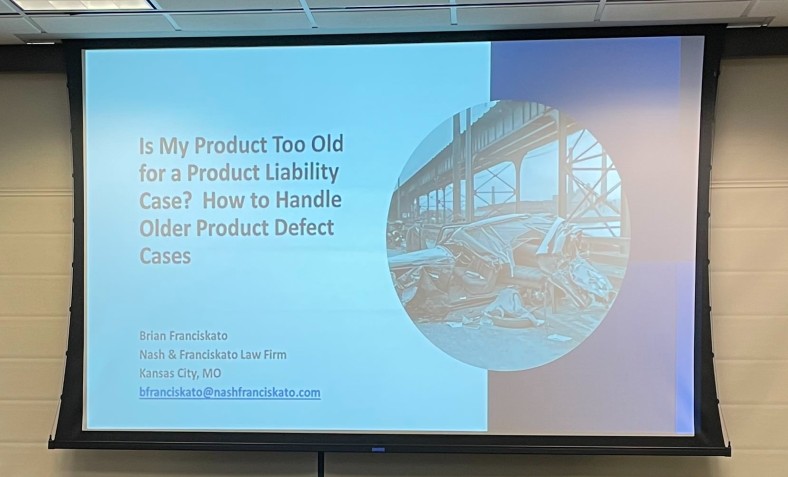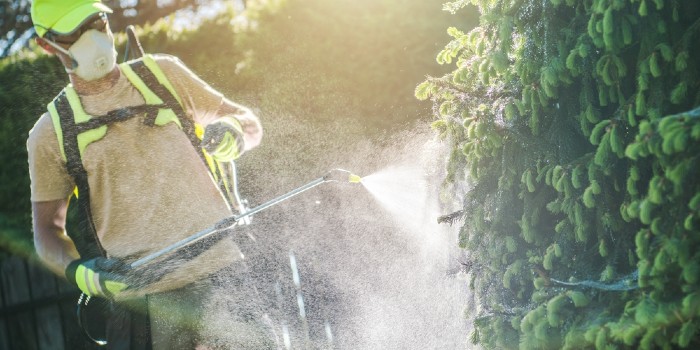
Companies are supposed to design and manufacture safe products. No matter what the product is, it should be reasonably safe and, when needed, have appropriate warnings or instructions on how to use it. Unfortunately, that is not always the case. When a product is defective, it will be classified as having one of the following product defects.

In the Kansas City area and across the nation, dangerous and defective products are the cause of thousands of injuries every year. Unfortunately, many products go to market that are defective and ultimately cause serious injuries. When serious injuries are caused by supposedly safe products, what do you do?

At the AAJ Annual Convention in July, Brian Franciskato, one of our trial lawyers and also a speaker, talked about handling older product liability cases.

Since April 2021, the FDA has received more than 69,000 medical device reports (MDRs), including 168 reports of death, associated with the PE-PUR foam breakdown or suspected foam breakdown, which led to the Philips CPAP recall.
Source: FDA Safety Communication

Exactech recalled polyethylene insert due to the possibility of premature wear and degradation, expanding the initial recall of its knee and ankle replacement systems.
In August 2021, Exactech first issued a recall of its knee arthroplasty polyethylene insert packaged in non-conforming bags limiting it to only those products with a remaining shelf life of five years or greater as of August 31, 2022. However, as of February 7, 2022, that recall has been expanded to include ALL knee and ankle polyethylene inserts packaged in non-conforming bags regardless of label or shelf life.

Chief U.S. District Judge Nancy Rosenstengel, a federal judge in southern Illinois and the one who is handling the Paraquat multidistrict litigation, ruled that claims against Syngenta Corp. and Chevron USA can move forward.

Paraquat dichloride, commonly known as “paraquat”, is a popular, fast-acting, non-selective herbicide agent used in the United States. Paraquat is known to be a toxic weed killer that is lethal at low doses, and exposure has been linked to adverse health effects, such as Parkinson’s disease.

Are you still using one of the Philips defective CPAP, BiPAP or other ventilator machines? Have you experienced any serious health problems? Are you aware that the sound abatement foam can break down and lead to health problems?

After recently conducting an inspection of a Philips Respironics manufacturing facility, the US FDA released an update related to the June 2021 Class I recall of Philips Respironics CPAP, BiPaP and other ventilators.

In June, a voluntary recall by Philips Respironics, affecting millions of its devices, was issued due to potentially serious health risks related to its CPAP, BiPAP, or ventilator machines’ sound abatement foam. Since then, CPAP lawsuits have been filed by those who have suffered injuries after using the recalled devices.
Contact us for a Free Case Review